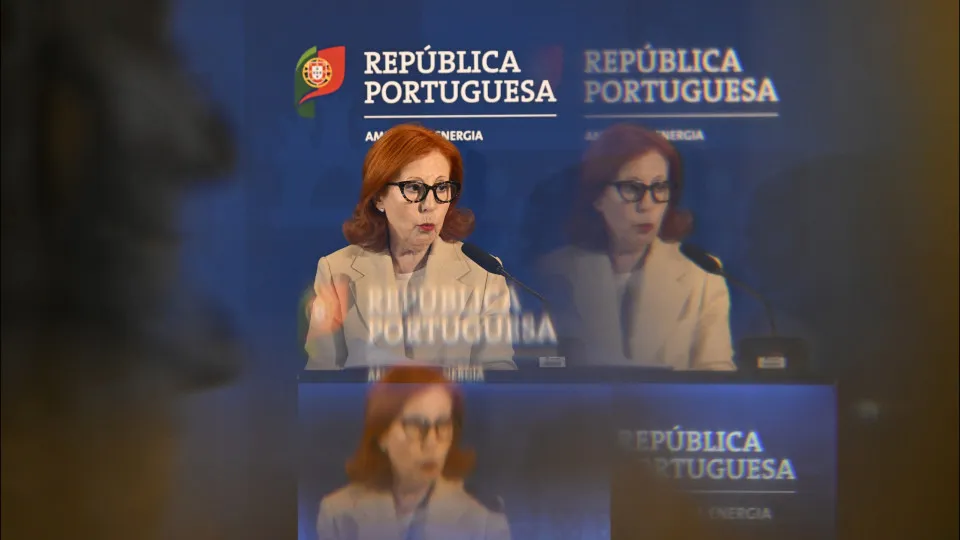
The reluctance of countries such as Hungary, Poland, Slovakia, and Italy could compromise the European Union’s diplomatic credibility, putting the bloc at risk of arriving without proposals at the climate summit in Brazil, a decade after the 2015 Paris Agreement.
Last July, the European Commission proposed that the EU aim for a 90% reduction in CO2 emissions by 2040 compared to 1990 levels, including flexibilities such as purchasing carbon credits from developing countries.
This would continue the planned 55% reduction by 2030, setting the EU on the path to achieving climate neutrality by mid-century.
Denmark, holding the EU Council presidency this semester, wanted to implement the proposal, but it now seems unlikely. Copenhagen planned for the 2040 targets to be discussed by EU member state environment ministers this Thursday to reach a consensus by qualified majority, after which final regulations would be negotiated with the European Parliament, which would likely align with the position of the 27.
The ministers, including Portuguese Minister Maria da Graça Carvalho, were also expected to update the Nationally Determined Contributions (NDCs) ahead of the COP30 climate summit in Brazil in November.
However, plans have changed. France had requested that the issue not be discussed at the ministerial level and instead be presented to heads of state and government in a summit, a position that Germany joined last week.
“France, the country of the Paris Agreement, will not be the only one to block the matter. But if Germany joins them, then they will do it,” stated German Green MEP Michael Bloss at a press conference.
Environmentalists attribute the maneuver to the challenging situation of French President Emmanuel Macron and the interest of the new German government, led by conservative Friedrich Merz, in undermining future EU targets as a lever to also abandon the internal commitment to reduce CO2 emissions by 88% by 2040, a policy adopted by the previous government.
Reaching an agreement in the leaders’ forum seems impossible, as unanimity among the 27 is needed, effectively granting veto rights to climate-reluctant capitals like Warsaw, Bratislava, and Budapest.
“Anyone saying Europe is leading is talking nonsense,” summarized Dutch MEP and Greens co-chair Bas Eickhout at a press conference.
Although the current Commission has diluted or simplified various climate policies in its second term, President Ursula von der Leyen has called to “stay the course” regarding climate and environmental targets.
However, the influence of the executive power is limited due to the decision-making power of the Member States.
The EU will not have updated climate plans to present at the United Nations General Assembly in New York next week, a diplomatic hurdle the Danish presidency hopes to overcome with a “letter of intent” affirming the bloc’s willingness to reduce its emissions by 66% to 72% by 2035, representing a linear trajectory towards 90% by 2040.
The next step would be to schedule an informal discussion on CO2 reduction among leaders, returning the issue to ministers to adopt a position by qualified majority, thus circumventing potential opposition from Slovakia or Hungary.
This would allow the EU to participate in the UN climate summit in Brazil without shying away from the commitment to update its climate plans, thereby avoiding “diplomatic embarrassment and loss of influence,” said Sven Harmeling, a member of the Climate Action Network (CAN), to the press.




